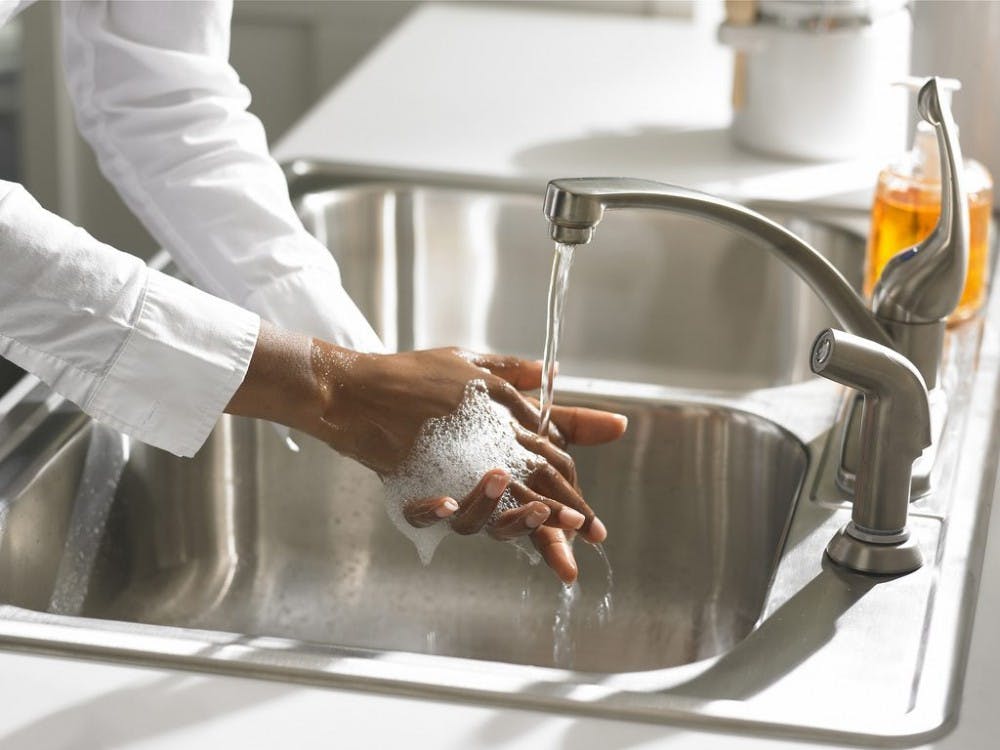The U.S. Food and Drug Administration (FDA) recently issued a ban prohibiting the sale of consumer antibacterial soaps containing antiseptics the FDA deemed “not generally recognized as safe and effective.” This final ruling solidified a proposed rule published in the Federal Register of Dec. 17, 2013.
The primary justification for the ban was a benefit-to-risk assessment. The U.S. consumer setting has users who are generally healthy and have a low risk and scope of infection compared to a healthcare setting. The benefits of antiseptics for consumers are also in question.
“Consumers may think antibacterial washes are more effective at preventing the spread of germs, but we have no scientific evidence that they are any better than plain soap and water,” Dr. Janet Woodcock, the director of the FDA Center for Drug Evaluation and Research, said in the FDA report.
Numerous studies concluded that widespread use of triclosan increases bacterial resistance and include hormonal effects. The continued widespread use of antiseptics causes concern for public health.
The FDA identified and disallowed 19 different active ingredients. Triclosan and triclocarban, two heavily marketed antimicrobials, were among the banned ingredients. According to a 1999 study, triclosan and triclocarban were present in 75 percent of liquid soaps and 29 percent of bar soaps. Approximately 45 percent of all soaps included these two chemicals. It is estimated that these numbers are even more prevalent in today’s market.
The agency said manufacturers have a year to change their ingredients or take their products off the shelf.
Some advocates in the soap industry immediately challenged the FDA report. In the American Cleaning Institute review of triclosan, Richard Sedlak, senior vice president of technical and international affairs said, “Antibacterial hand washes provide a public health benefit by reducing or eliminating pathogenic bacteria on the skin to a significantly greater degree than plain soap and water.”
Interested parties requested for more time to submit studies supporting the safety and efficiency of several chemicals. The ruling on the following three chemicals: benzalkonium chloride, benzethonium chloride and chloroxylenol were deferred. Products consisting of these chemicals may remain on the market.
Instead of fighting to keep the banned chemicals, several well-known manufacturers such as Colgate-Palmolive, Avon, Procter & Gamble and Johnson & Johnson, have already been moving away from using chemicals like triclosan as early as 2014.
The ruling is limited to products considered “consumer antiseptic washes.” This can include various products used with water such as hand soaps and body washes. The ban does not affect the uses of the aforementioned ingredients in healthcare antiseptics, “first aid antiseptics” and antiseptics used in the food industry.
The agency reported a primary estimated reduction of 799,426 pounds of triclosan per year and 1.4 million pounds of triclocarban per year. According to the report, “The primary estimate of costs annualized over 10 years is approximately $23.6 million at a 3 percent discount rate and $27.6 million at a 7 percent discount rate.”
There is also an estimated $106.3 to $402.8 million cost for relabeling and reformulation.
The agency also is proposing a follow-up ruling on over-the-counter consumer antiseptic rubs, such as alcohol wipes.





